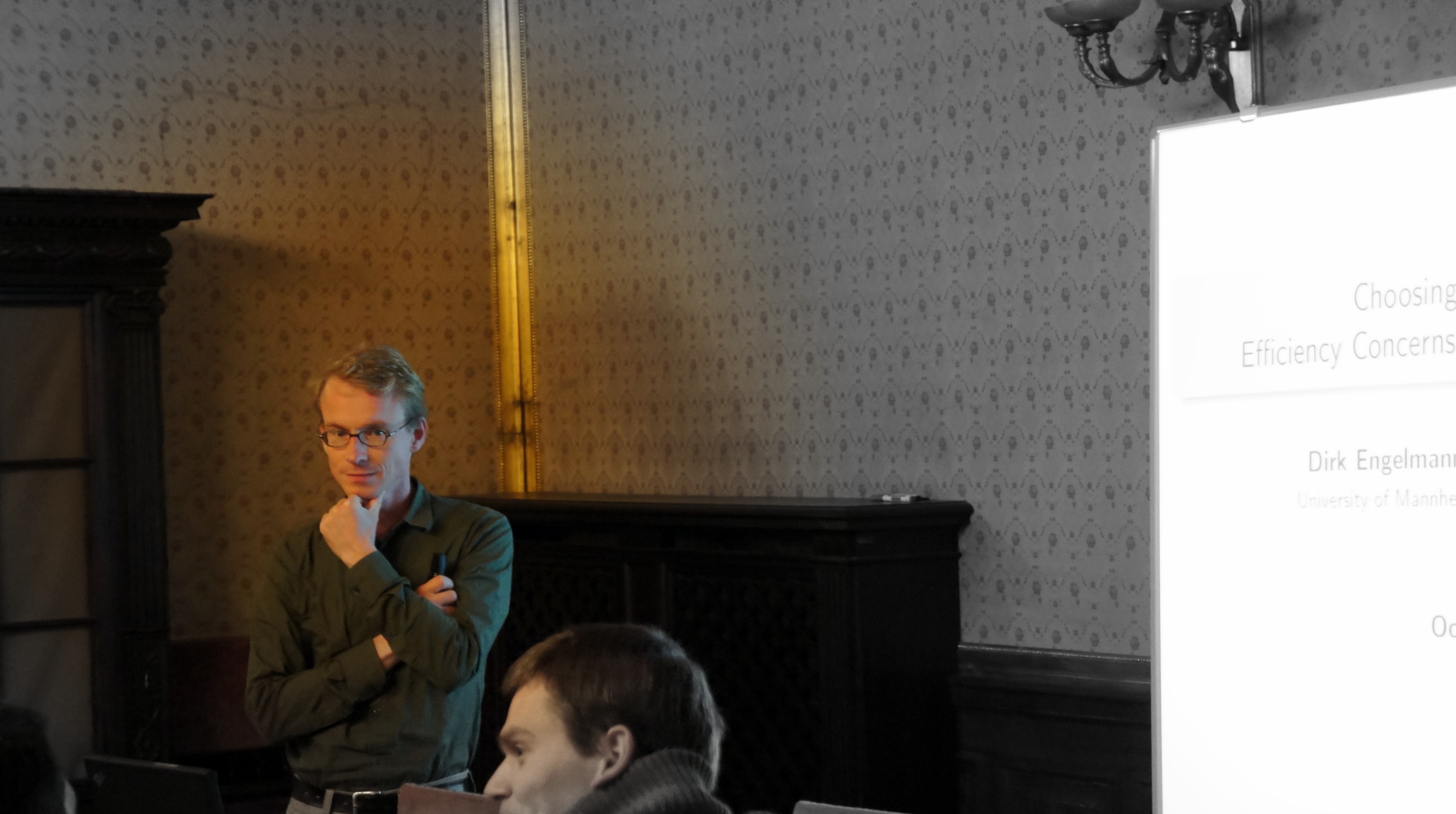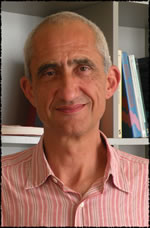We usually speak about television in negative terms. But can television inspire development? On Monday, the CERGE-EI community went on an intellectual journey to Tanzania through the illustrative seminar presented by Professor Bertil Tungodden (Norwegian School of Economics, Bergen, Norway). Seminar participants were treated to an in-depth analysis of a randomized field experiment designed to see if entrepreneurial skills and attitudes can be communicated through television programming.
The experiment was based on an ‘edutainment’ show called Ruka Juu (Swahili for “jump-up”), a televised reality-based entrepreneurship competition. It aired on national television in Tanzania in the spring of 2011. The overall aim of Ruka Juu was to educate, inform and motivate Tanzanian youth (aged 15-30) on issues related to entrepreneurship, business skills and financial literacy.
Professor Tungodden and his co-authors wanted to see if the program was making real impacts in educating and inspiring the Tanzanian people. They decided to document how the show was influencing key ‘entrepreneurial variables’ in the population, such as ambitions, knowledge, risk-taking, patience, and willingness to compete.
The engaged seminar participants learned how the authors faced the daunting task of designing a field experiment able to identify the impact of a nationally broadcasted program; particularly the challenge of establishing a proper “control group.” The trick was to randomly select some schools and incentivize this “treatment group” to watch the edutainment show; meanwhile they incentivized a control group to watch a classic soap opera instead. Frequent power outages and lack of television sets were some of the obstacles they faced. However they eventually arrived at notable results, finding strong evidence that ‘edutainment’ both inspired the viewers to learn more about entrepreneurship and motivated them to start their own business.
 The experiment also leads the authors to conclude that the impact of edutainment on business knowledge is much weaker. In sum, their results suggest that the media may be a very powerful tool to foster entrepreneurship among young people, but also points to limitations of edutainment as a tool to communicate business knowledge.
The experiment also leads the authors to conclude that the impact of edutainment on business knowledge is much weaker. In sum, their results suggest that the media may be a very powerful tool to foster entrepreneurship among young people, but also points to limitations of edutainment as a tool to communicate business knowledge.
Edutainment needs to be supplemented with other efforts to increase business knowledge and skills. But overall, Dr. Tungodden’s lecture at CERGE-EI made a convincing argument: media encouragement and educational television programming can be used to inspire young Tanzanians to realize their potential. Finally something good on TV!
Author: Liyousew G. Borga, 2nd Year PhD Student


